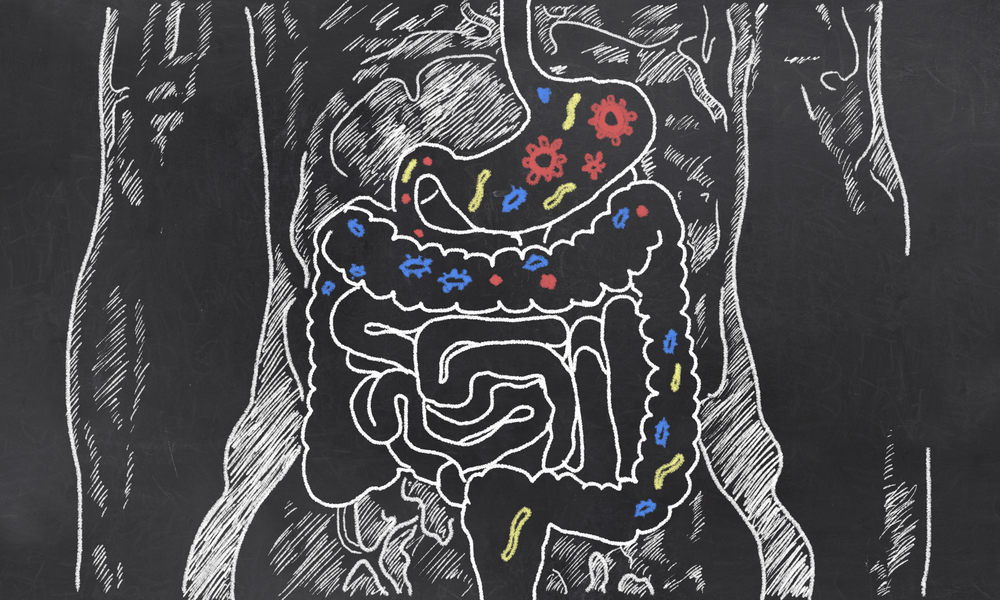Our Blog
Supercharge Your Gut: Nutritional Tips for Enhancing Gut Health

Your diet, among other things, can significantly impact your gut’s health and the various beneficial bacteria living there. Eating a fresh, balanced diet is the most effective way to ensure the overall health of your gut. Millions of individuals suffer from digestive issues, including gas, constipation, diarrhea, and irritable bowel syndrome (IBS), a severe type of gut sensitivity.
Whole Grains?
According to some medical professionals, choosing whole grains may improve your digestive system function since your colon needs at least 25 grams of fiber daily for optimal performance. Compared to milled or refined grains, which have stripped their nutrient layers away, whole grains that have not been treated may retain more of their natural nutritional value. However, if you are gluten-sensitive, eating whole grains will actually add to your digestive issues and should be avoided.
So while plenty of fiber and other minerals, such as omega-3 fatty acids, are found in whole grains, those individuals with gluten sensitivity should avoid them. Short-chain fatty acids are created when fiber in the stomach is fermented by your gut bacteria. Seventy percent of our immune cells are found in the cells lining the colon, where these chemicals promote proper function and good health.
Lean or High Fat Protein?
Lean proteins may be best for those with IBS or gastrointestinal sensitivity, and foods high in fat, such as fried dishes, should be avoided. High-fat diets may trigger intestinal contractions and intestinal discomfort. Red meat’s high-fat content is only one of many reasons to begin making healthier choices in your diet. According to some experts, red meat encourages intestinal bacteria that create chemicals linked to a higher risk of blocked arteries. However, whether choosing lean meat or higher fat-content red meat, it is far more important to choose grass-fed and grass-finished meat. Why? Because meat that is not grass-fed is much higher in chemical toxins from the pesticides used to grow the food that is used to feed the animals.
Leafy Greens
The minerals folate, vitamin C, vitamin K, and vitamin A are all present in leafy greens like spinach and kale, which are also excellent sources of fiber. According to research, leafy greens also contain a specific kind of sugar that supports the development of good gut flora. And the more beneficial bacteria you have in your gut, the less chance harmful bacteria can multiply and distress your digestive system.
You can create a healthy gut microbiome, which is made up of the billions of organisms that dwell in the colon, by eating a lot of fiber and plenty of delicious leafy greens. Additionally, all that leafy green fiber is beneficial for moving things along in your digestive tract (aka getting you to “go”).
Low-Fructose Fruit
Consider limiting your intake of fructose (fruit sugar) if you frequently get gas and bloating. Some fruits, including pears, apples, and mangoes, are particularly rich in glucose and, while tasty, may not be the best choice for you and your gut.
Berries and citrus fruits, such as grapefruit and oranges, contain less sugar than other foods, making them easier to tolerate and less likely to produce digestive discomfort and gas. Bananas are another fruit with a low sugar content that is high in fiber and contains inulin, which promotes the development of healthy bacteria in the digestive tract.
Diversity In Your Diet
In general, a diversified microbiome is considered to be healthy. This is because having more bacterial species present in your gut could result in more beneficial impacts on your overall health. By including different food types in your diet, you will be helping to create a more diverse microbiome and a stronger and healthier gut.
Your intestines are home to hundreds of different kinds of bacteria, each of which has a unique function in maintaining health and has varying nutritional needs to support their growth. Eating a balanced, fresh variety of whole foods is the most effective way to maintain a healthy microbiome and keep your gut and its beneficial bacteria residents happy and healthy.
A Balanced Diet Leads To A Balanced Gut
Numerous elements of health depend largely on the microorganisms in your gut. Multiple studies have recently demonstrated that a disturbed microbiome can cause various chronic illnesses. Need help with an out-of-balance gut? The Gut Authority is ready to help. Located near to Mobile and Gulf Shores, AL, we can provide beneficial diet, lifestyle, and supplement recommendations for a more natural approach to healing your body and gut. For more information about gut health or our services, please contact us today.




